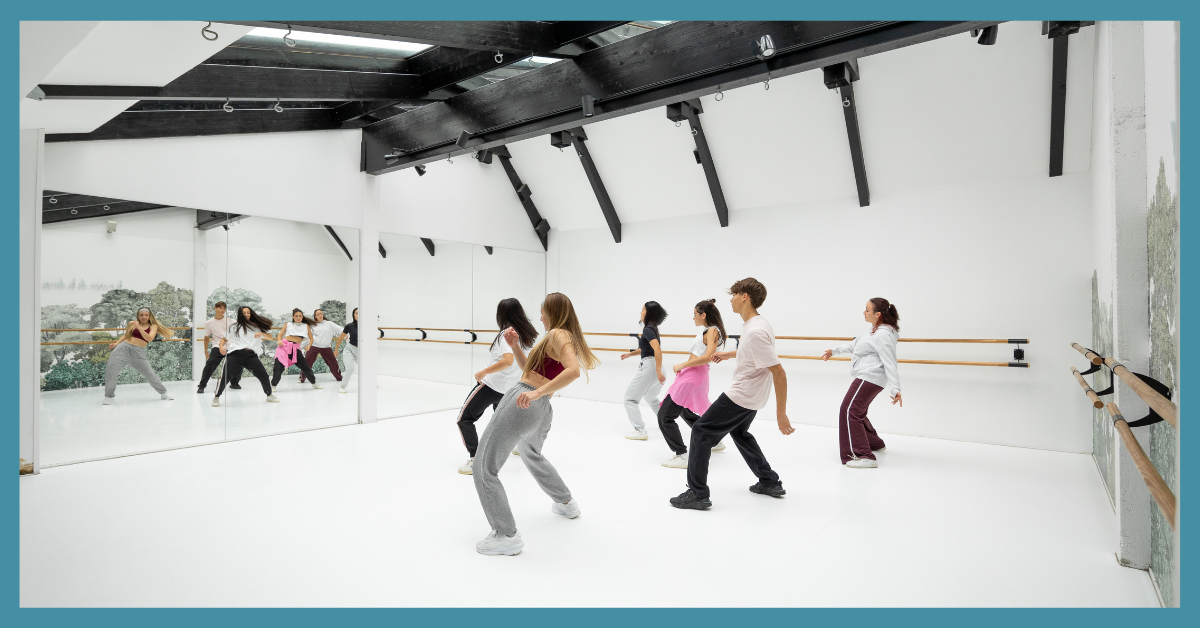How to Price Your Dance Classes Without Losing Your Mind or Your Students

Running a dance school isn’t just about loving dance and knowing how to teach it. It’s loads about savvy business moves too, particularly when it comes to setting the right prices. Drawing from my own time in the trenches, here’s a rundown on picking the best pricing strategy for your dance school, whether you’re just starting out or tweaking what you’ve got.
Choosing the Best Pricing Strategy for Your Dance Classes
Let’s break down two popular options: Pay as You Go and Course Payments.
Pay as You Go
This is super flexible and perfect for newbies who want to test the waters. Say, a casual Saturday morning class could use this setup, welcoming anyone who fancies popping in.
Pros:
- New dancers can try out classes without freaking out over commitment.
- You’ll get more people in the door as they can join anytime.
Cons:
- It’s a bit of a gamble financially since you can’t always predict turnout.
- Might not encourage regular attendance because it’s so casual.
Course Payments
Here, dancers cough up for the entire course from the get-go. It’s spot on for more structured classes like a show class where they are committing to a team project.
Pros:
- You get your money upfront, which makes your bank account less of a rollercoaster.
- Dancers are more likely to stick with it, making planning a breeze.
Cons:
- The upfront cost might scare off some potential students.
- Less wiggle room for missed classes can tick some people off.
From my experience, offering a mix of both attracts more people depending on what they want. Start a regular class on a ‘Pay as You Go’ basis to draw a crowd and switch to ‘Course Payment’ when they’re more settled in.
Mixing It Up with Hybrid Models and Incentives
Why not blend the two and throw in some sweeteners? Like, offer a cheeky discount for paying for a full course in advance. A loyalty scheme that rewards regulars can also help bridge the gap between these payment styles.
This mix-and-match approach works a treat at our dance school, keeping things flexible for newbies while locking in some security for us.
Managing Attendance and Keeping Dancers Keen
Clear Rules from the Start: Lay out your attendance rules clear as day from the start—like if you need them to commit to four weeks, regardless of attendance, say it upfront. Being straight-up about it helps dodge last-minute dropouts and keeps your class sizes just right.
Rewards for Regulars
Offering little perks for consistent attendance, like discounts on the next course or a free class after a certain number of paid sessions, can really boost commitment and loyalty.
Plan B for Missed Classes
Life happens, and sometimes people miss classes. Providing a way to make up missed sessions, such as allowing a swap on a different day, helps keep everyone happy and on track.
When You’re Going for Something Special
Running a specialised course, like a 6 week Street Dance intensive for competitors to try in foundation styles, needs a bit more structure and commitment from both the teachers and students.
Case Study: Kicking Off a Specialised Street Dance Foundation Class
- Test the Water: See if there’s enough interest with a survey or during regular classes.
- Be Clear About the Deal: When you’re promoting the class, be crystal clear about what you’re aiming for and what you expect from the students.
- Structured Syllabus: Put together a syllabus that covers everything they need to nail.
- Keep the Feedback Coming: Regular check-ins and progress updates. Feedback to parents keep everyone motivated and on their toes.
Wrapping Up
Getting your pricing right is crucial to the success of your dance school. Tailoring your approach to meet the needs of your students not only keeps them happy but also encourages them to keep coming back. There are many booking systems for dance classes, such as Bookwhen or ClassforKids, which can help you manage your bookings efficiently and keep your system up to date. Keep your love for dance at the heart of your business decisions, and be ready to tweak things as you go. Here’s to making your dance school not just survive, but thrive!






Responses